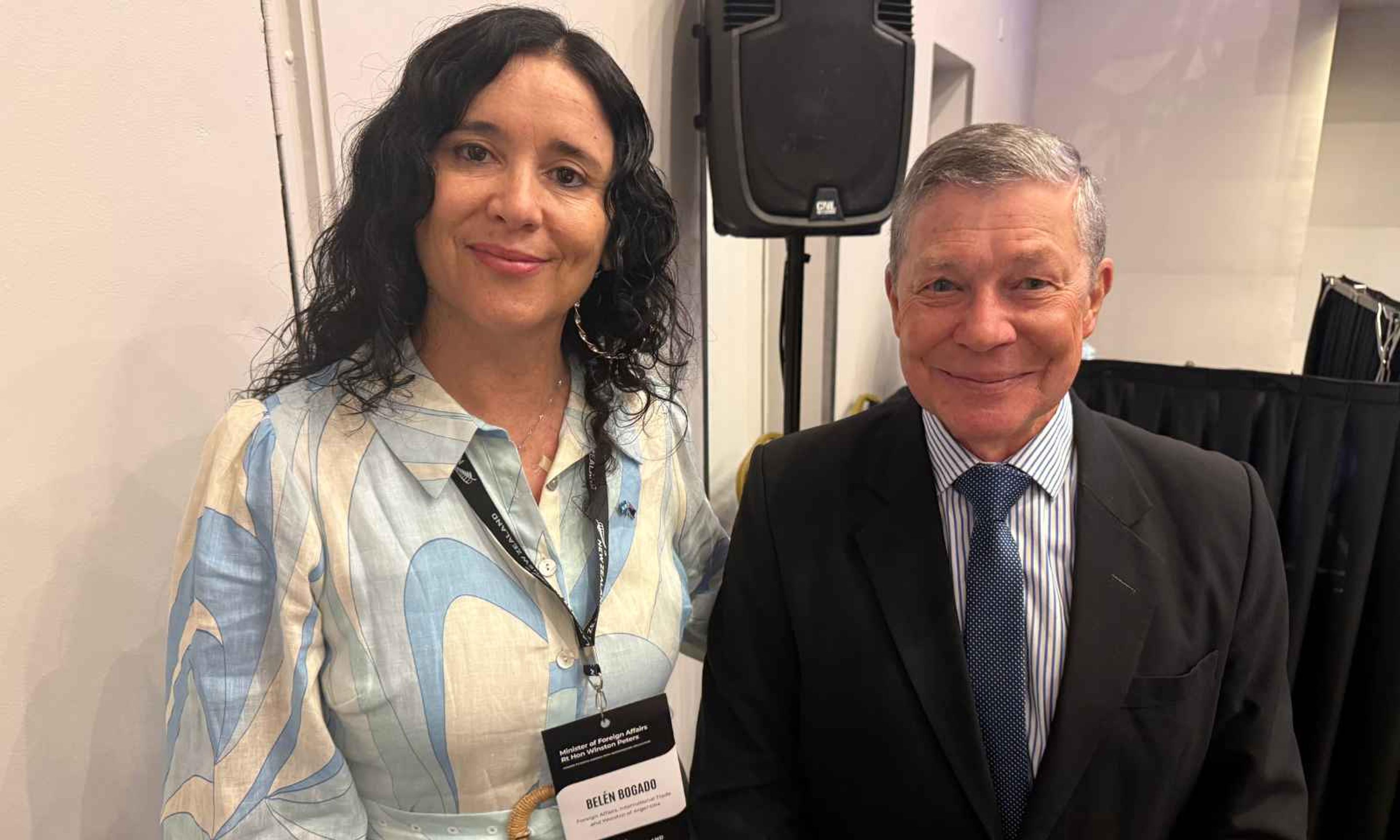

Pacific leaders are pushing for stronger global action and greater visibility as Australia steps aside in the COP31 hosting contest.
Photo/Pacific Islands Forum Secretariat/file
Pacific frustrated as Australia supports Türkiye to host COP31
Regional leaders and advocates say the next climate summit must deliver real action for the Pacific, no matter where it is held.

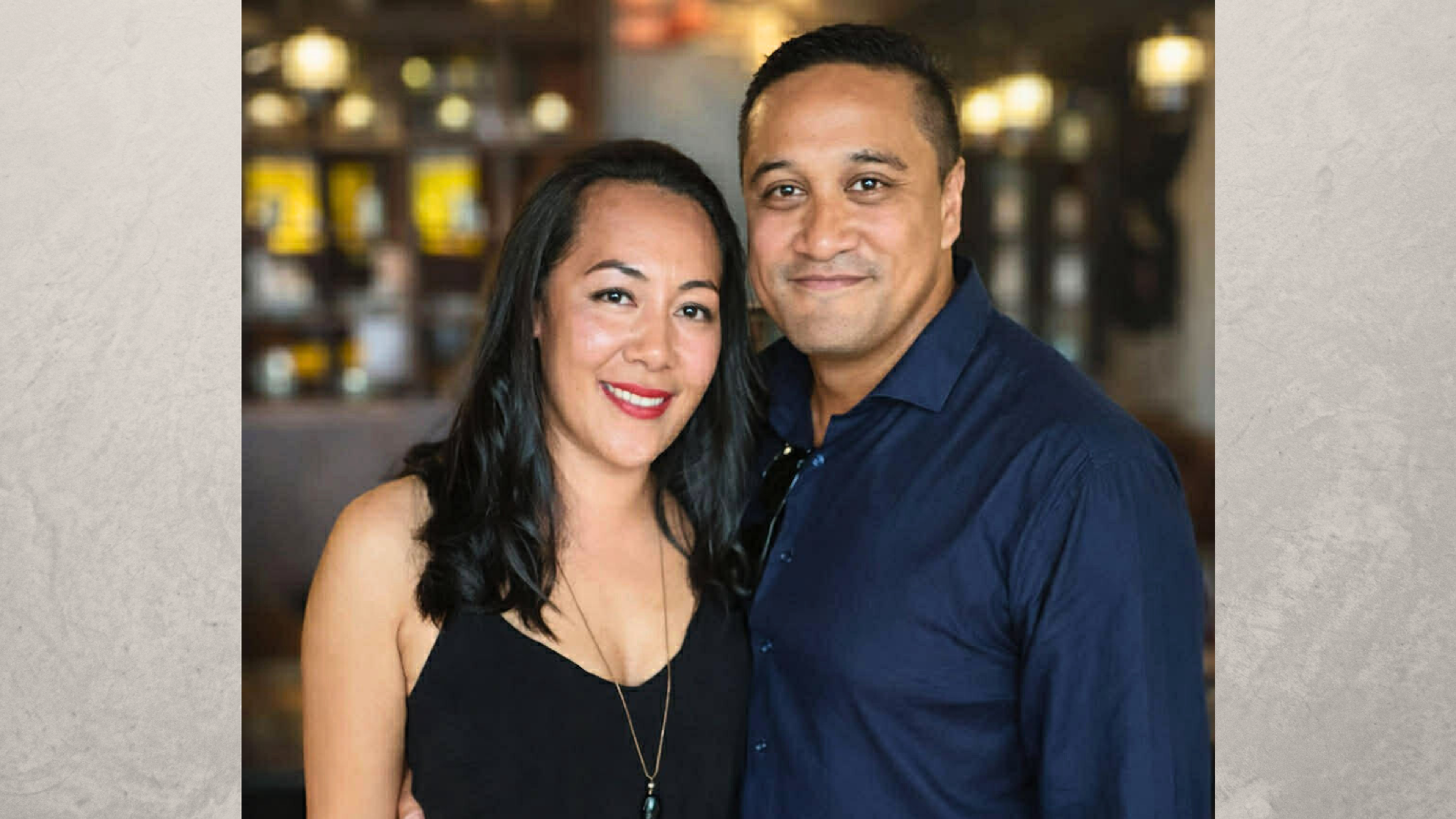
Tongan family in Abu Dhabi recount explosions as Middle East conflict escalates
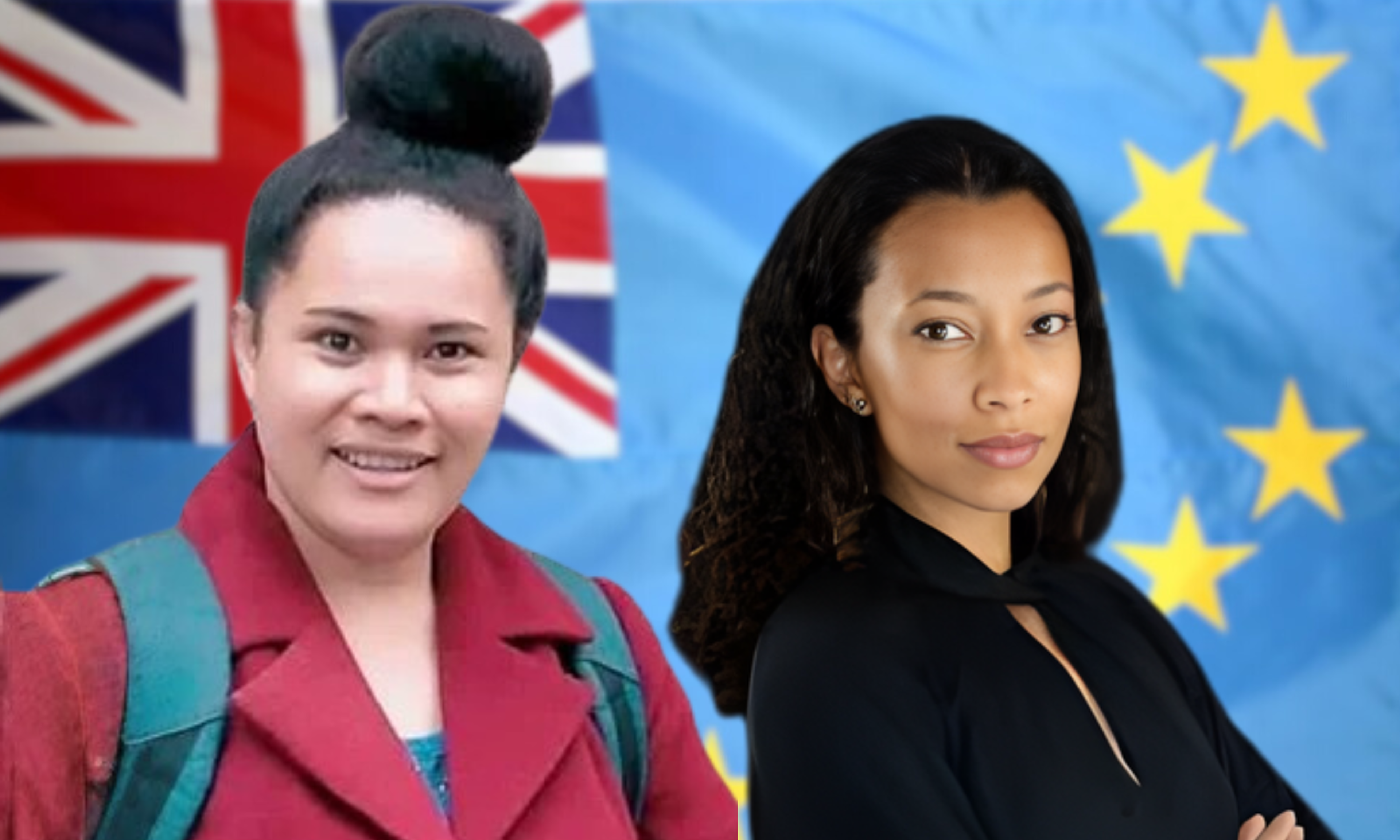
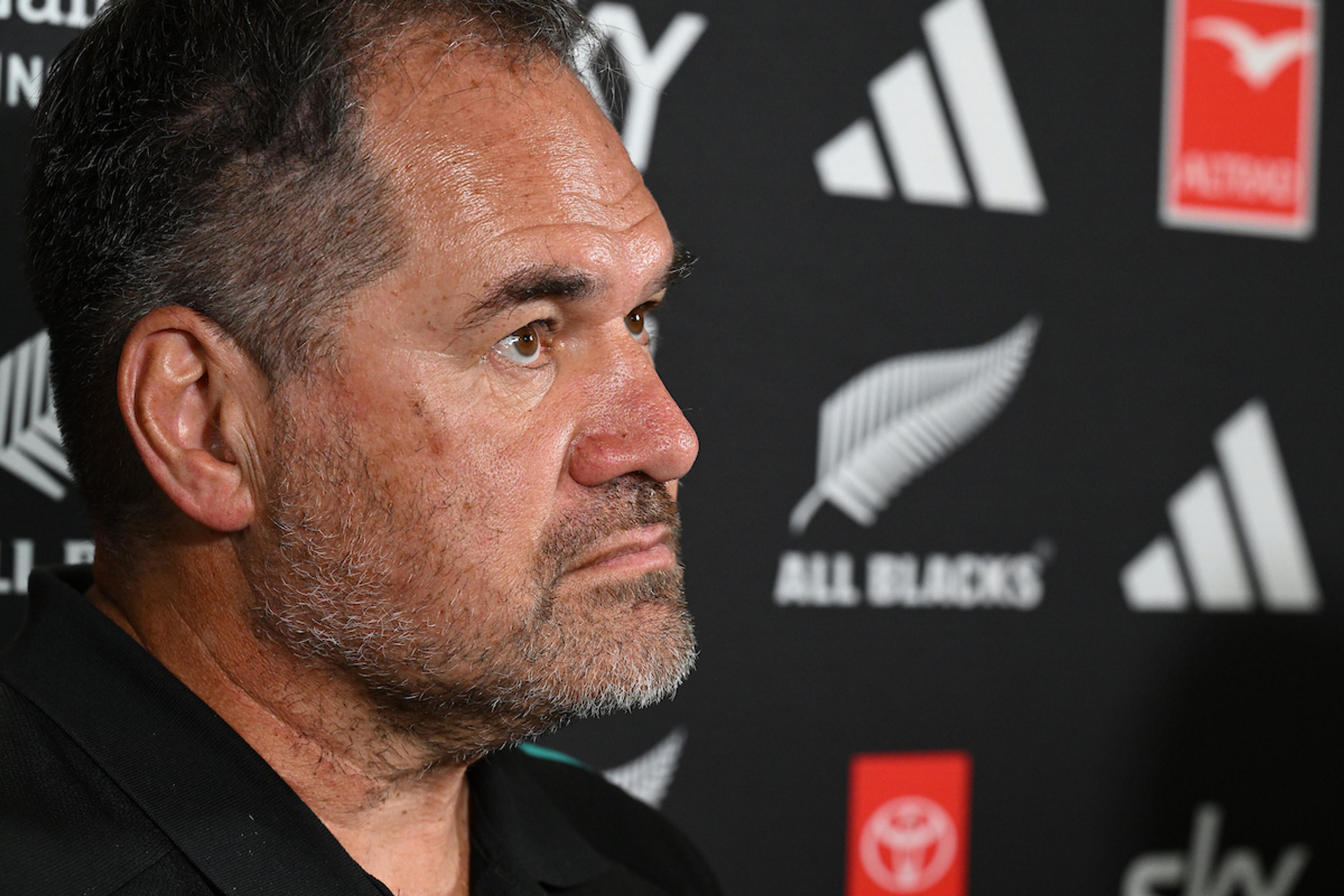
Dave Rennie becomes first All Blacks coach of Pacific heritage

How the Pacific region could benefit from Argentina’s economic rebound, expert

Tongan family in Abu Dhabi recount explosions as Middle East conflict escalates


Dave Rennie becomes first All Blacks coach of Pacific heritage
Australia will not oppose Türkiye hosting the next UN climate summit, COP31, in 2026 - a move that has sparked concern and disappointment across the Pacific.
Australian Prime Minister Anthony Albanese says he would not veto Türkiye’s bid. He warned that a long fight over the hosting rights could damage global unity on climate, especially at a time when Pacific island nations desperately need stronger action.
“There is considerable concern, not just from the Pacific, but internationally as well, that that will not send a good signal about the unity that’s needed for the world to act on climate,” Albanese told reporters.
“If Australia is not chosen, if Türkiye is chosen, we wouldn’t seek to veto that. What we would seek to do is to ensure that the Pacific benefited from that … through measures, potentially like a leaders meeting … to be held in the Pacific.”
About 48 million children a year, or 136,000 children a day, have been affected by climate disasters since the first COP climate summit was held 30 years ago to address the escalating global climate crisis, a new Save the Children analysis on the eve of COP30 in Brazil, revealed.
Many Pacific leaders and climate advocates have voiced disappointment. For them, COP is more than a diplomatic event - it’s a vital platform to draw attention to the region’s climate emergency.
Watch Coral Pasisi, Director of Climate Change and Sustainability at the Pacific Community (SPC), speak about what the Pacific is fighting for here in Brazil below.
Palau's President, Surangel Whipps Jr, says the Pacific needed Australia to push harder for a “Pacific COP. Australia needs … to represent the importance of a Pacific COP,” he told ABC News.
He added that a Pacific-hosted COP would be a strong signal to the world. “In the Pacific, we experience all of them … that’s why it’s important we get the opportunity to make this a Pacific COP.”
From Papua New Guinea (PNG), frustration is also clear. PNG’s Foreign Minister Justin Tkatchenko called Australia’s decision “disheartening", saying Pacific nations had hoped to use COP31 to highlight how climate change threatens their homes.
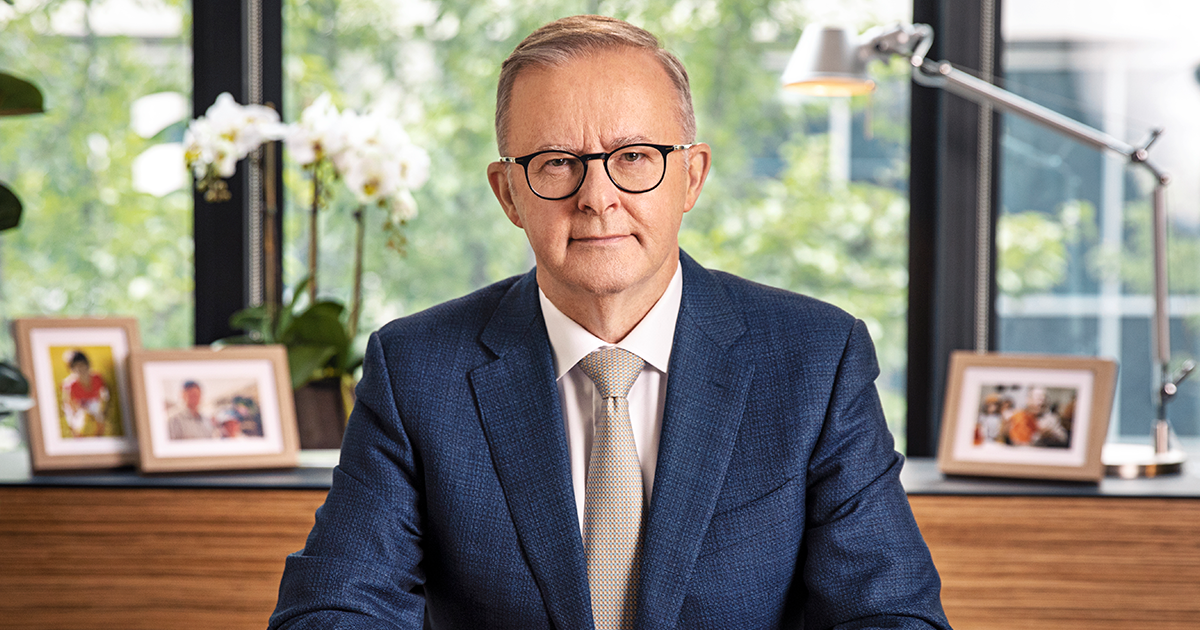
Prime Minister Anthony Albanese says Australia will prioritise Pacific interests as the COP31 hosting dispute continues. Photo/Australian Labor Party
Calls from Pacific youth and civil society
Save the Children Australia, which works closely with Pacific communities, urged Canberra to use its continued role in COP31, even if Turkey hosts, to centre Pacific children in climate talks.
They called on Australia to:
Prioritise children in climate finance and policy,
Guarantee genuine involvement of Pacific youth in decision-making, and,
Use its influence to push for a rapid phase-out of fossil fuels.
Young Pacific people face the harshest impacts of climate change. In Vanuatu, 15-year-old Rihanna told Save the Children how rising sea levels already flood her community.
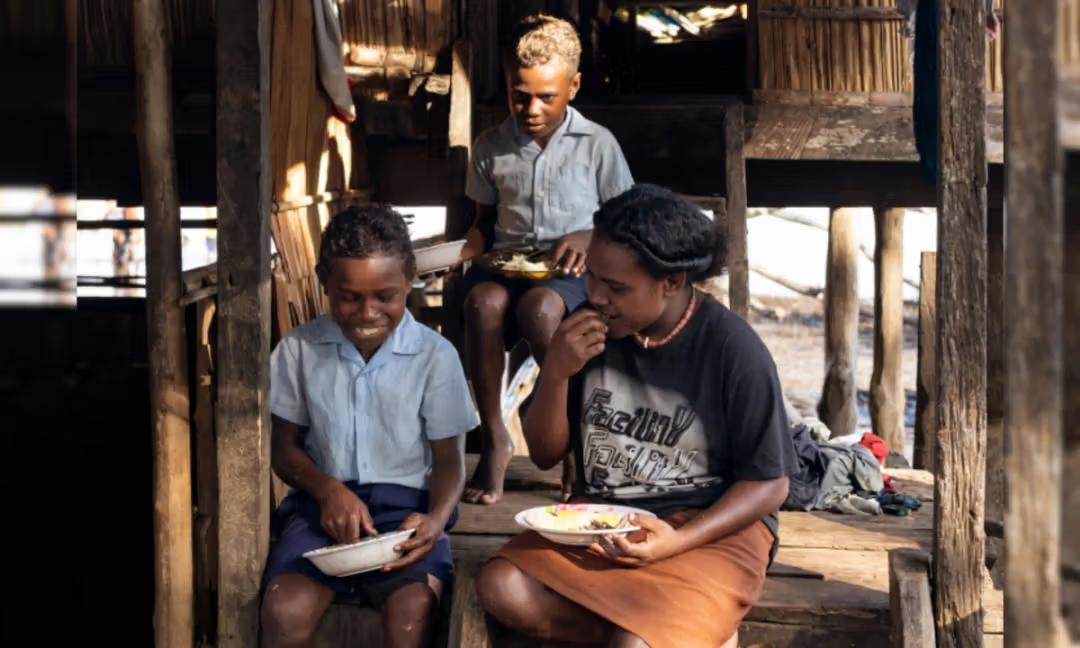
Children in Pacific communities already face rising seas and stronger storms - key reasons Save the Children says COP31 must put young people at the centre of climate action. Photo/Save The Children/Conor Ashleigh
Pacific leaders, NGOs, environmentalists, and civil society say the island nations are among the most vulnerable to climate change, facing rising seas, stronger cyclones, and threats to food and water security.
Hosting COP31 in the region would have given these nations a direct platform to show global leaders the real, daily impacts of climate change on their communities.
It would also have provided an opportunity to influence global climate decisions in ways that directly reflect Pacific needs and priorities.
The decision for Türkiye to host instead leaves Pacific nations relying on other ways to make their voices heard.
One advocate says that while Australia may still play a leading role through the COP31 presidency, the region now faces the challenge of ensuring its concerns are not lost amid a summit hosted thousands of kilometres away.
The stakes are high: from securing meaningful climate finance to influencing policy outcomes that directly affect the survival of their people, Pacific countries must work strategically to make their presence felt.
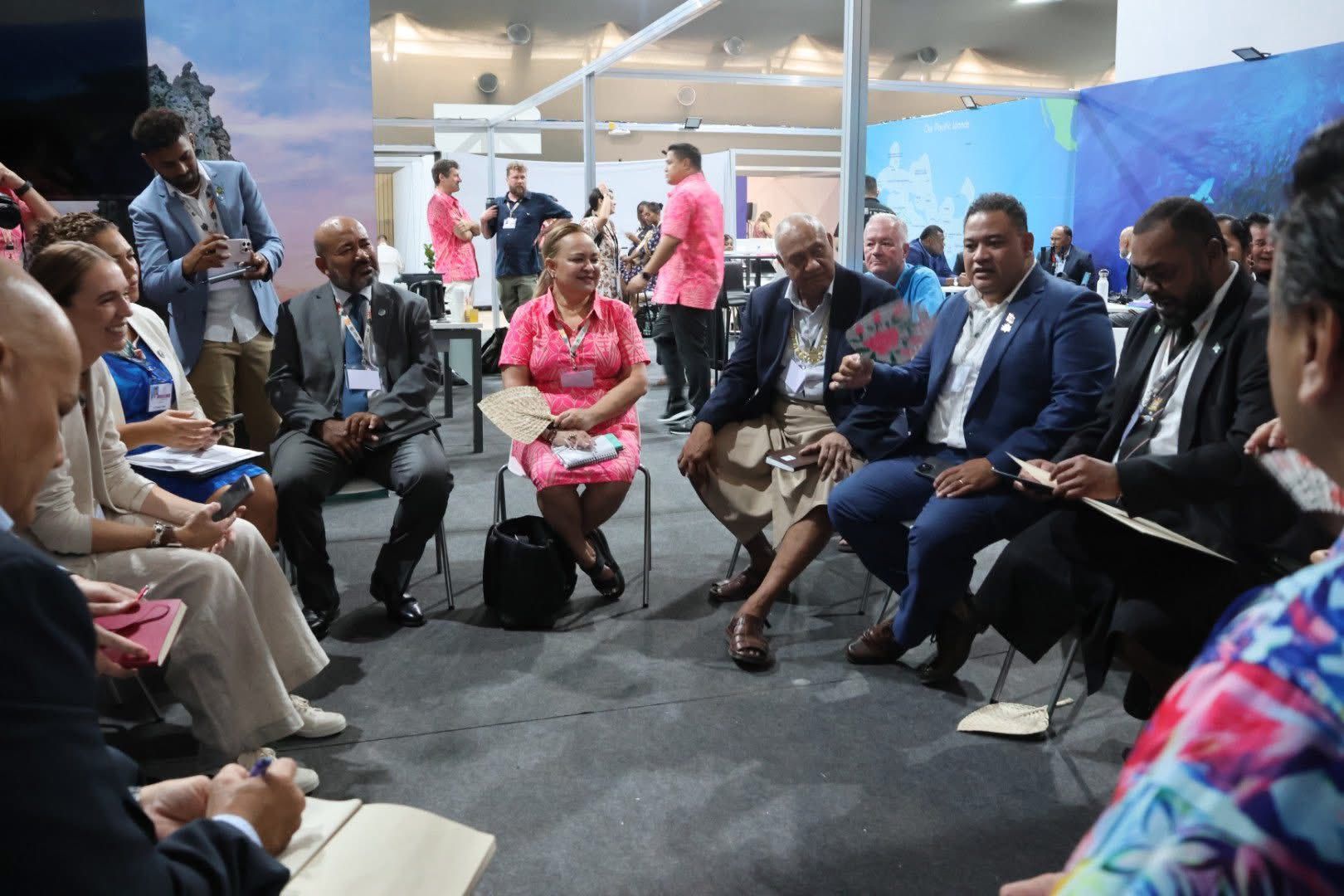
Pacific delegates in Brazil are calling for COP31 to be the first climate summit to formally prioritise children’s rights and ensure Pacific youth are heard. Photo/Facebook/Ruth Cross Kwansing MP, Kiribati
This includes holding discussions over:
Visibility and Influence: Hosting COP in the Pacific would have brought global leaders face-to-face with island nations’ climate realities. Many saw Australia’s bid as a chance to shine a spotlight on their struggles.
Finance for Adaptation: Pacific countries want more than talk. They want serious climate finance. A Pacific-based COP could have increased pressure for more funds for resilience and loss and damage.
Symbolic Power: A summit held in the Pacific would carry deep symbolic meaning for countries already facing existential threats from sea-level rise.
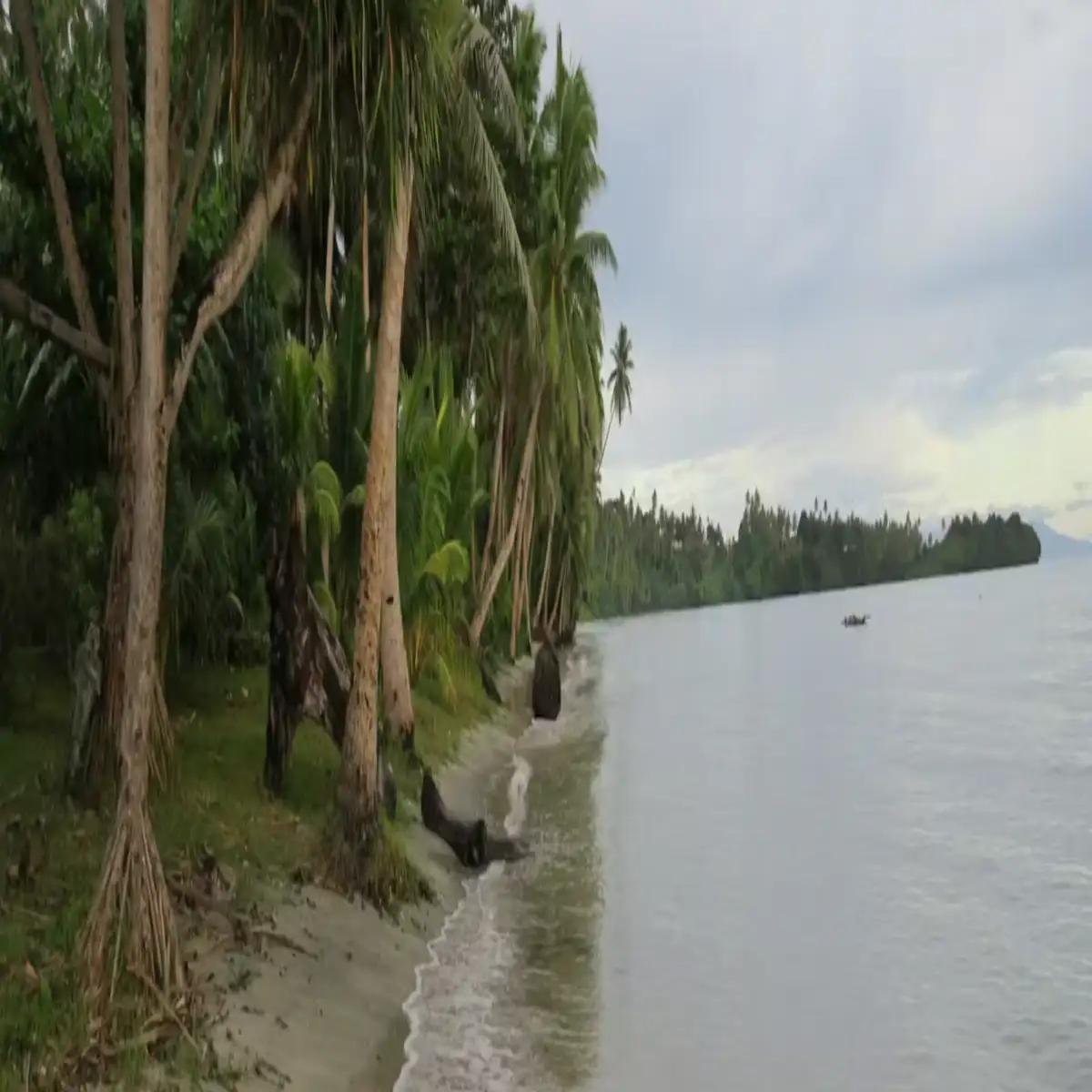
Climate impacts like erosion and rising seas are already reshaping Pacific communities, a reality regional leaders want those negotiating COP31 to understand firsthand. Photo/Supplied
What’s next
Australia is still pushing to lead the COP negotiations: if the deal goes ahead, Chris Bowen, the Climate Change Minister, may take on the COP31 presidency.
Albanese has promised “measures” to benefit Pacific nations, including a proposed pre-COP leaders meeting in the Pacific.
For Pacific island nations, experts say the focus now may shift to:
Holding Australia to its promises: Ensuring any leaders’ meeting truly represents Pacific voices, not just symbolic gestures.
Pushing for climate money: Advocating for stronger outcomes on adaptation, loss and damage.
Building regional climate leadership: Working together to raise Pacific influence in future global summits.
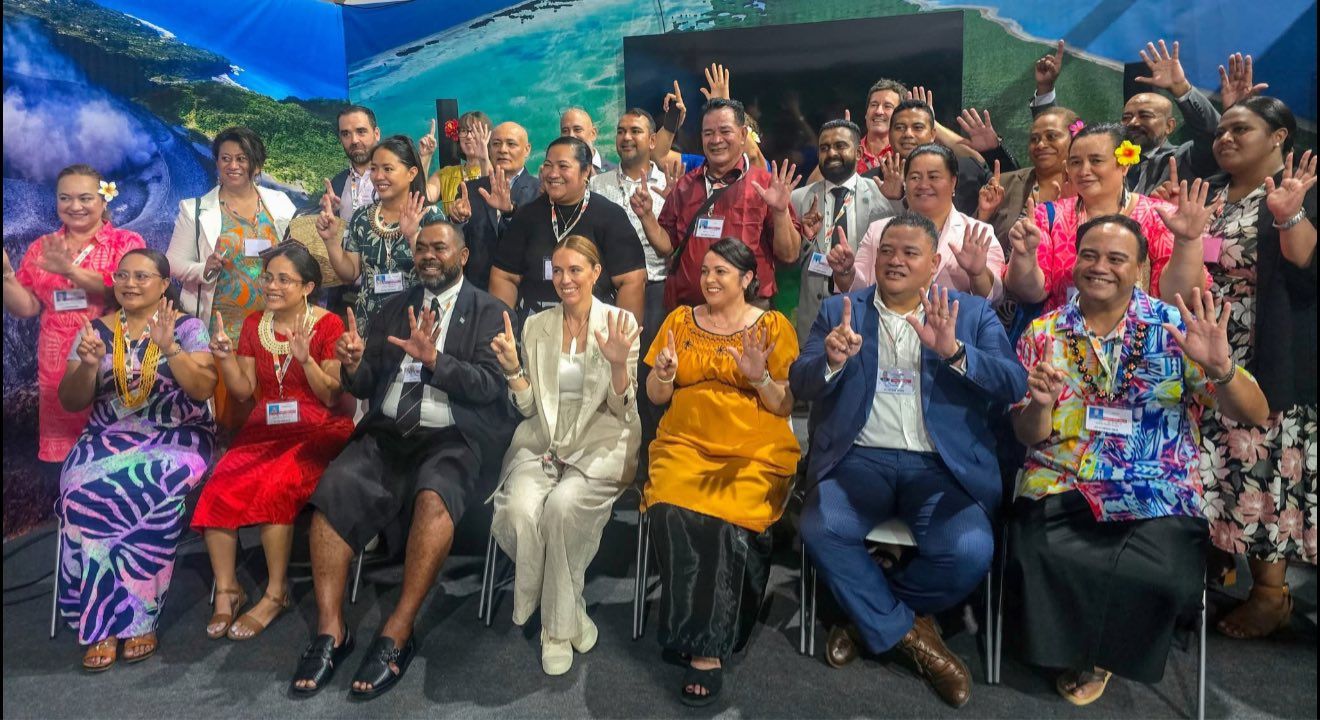
Pacific climate advocates say the region must not be sidelined in COP31 negotiations, even if the summit is hosted outside the Pacific. Photo/Facebook/Ruth Cross Kwansing MP, Kiribati
By stepping aside, Australia risks being seen by some Pacific leaders as abandoning a once‑promising “Pacific COP”, a summit that could have raised the region’s global profile and pushed harder on climate justice.
As the world watches COP30 wrap up in Brazil this weekend, the Pacific is left asking whether it truly has a voice, and whether Australia will use its remaining role to fight for its most vulnerable neighbours.